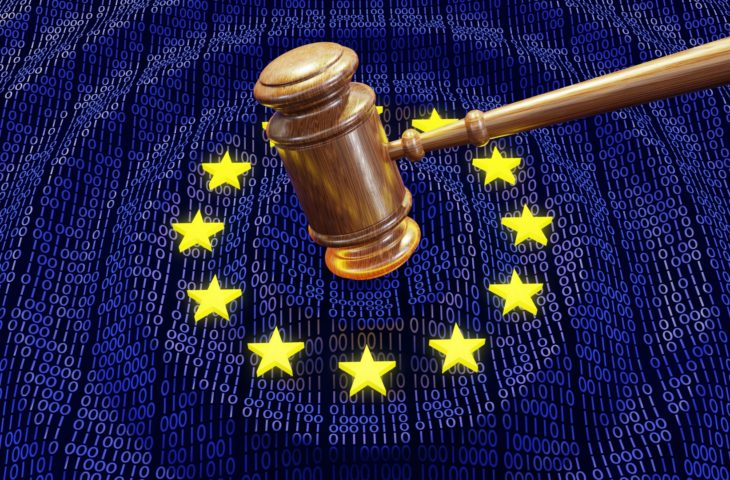European politicians have agreed on stricter rules for technology companies regarding political advertising. The new guidelines are intended to ensure more transparency and make external interventions more difficult.
The EU wants to be much stricter when it comes to political online advertising. To reinforce this, various European politicians have agreed on a series of stricter rules. These new guidelines are intended to make elections and referendums within the EU much more transparent. Interference from outside the Union will also be made much more difficult.
Short content
This decision is intended to enable citizens, journalists and governments to receive more information about political advertising. For example, political campaigns must be clearly identified as such. The press in particular can more easily see who pays how much for an advertisement, where the money comes from and where the lender is located.
In addition, additional protection will now be introduced, targeted campaigns based on certain personal information will be banned. This applies, among other things:
- religion
- Ethnicity
- Sexual orientation
Targeted campaigns are only permitted with data specifically provided by individuals for this purpose. The data of minors is now also expressly prohibited.
Institutions outside the EU, governments or organizations, are no longer allowed to finance political advertising during certain periods. This measure applies every three months before a European election or referendum within the EU.
In order to monitor all of this comprehensively, an extensive database is also created. Platforms that violate the digital rules face a fine of up to six percent of their annual income.
optimism
In addition to tightening measures, the EU is also anointing. The new rules are intended to create a framework that makes it easier for political actors to advertise online. This must be done within the framework of the applicable rules.
According to French MEP Sandro Gozi, this is a new step towards protecting European elections and achieving even greater sovereignty. He is also confident that these new rules will come into force in time for the next European elections. This will take place next year.
Almost in force
The new rules still need to be officially adopted by the European Council and Parliament. They will then officially come into force one and a half years later. This seems to make Gozi’s optimism about the 2024 European elections somewhat unwarranted.
Some of these rules are already included in the Digital Services Act. However, this set is more purely politically oriented. This is an issue that the Union has been dealing with for several years.
